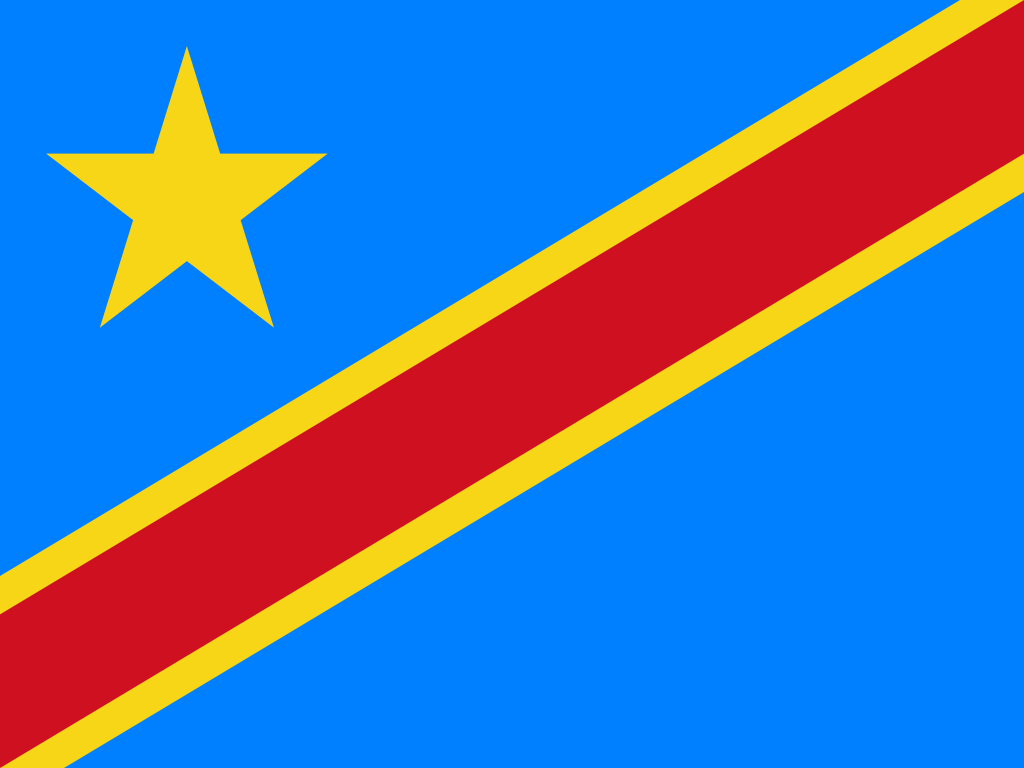DR Congo last year set up a State Audit Office tasked with the responsibility of critically auditing foreign deals and contracts in the country.
The goal of the unit is to ensure that the country and its citizens are adequately catered for under the provisions of the contracts and that the deals are executed as planned.
In February 2023, the state audit office Inspection Generale des Finances (IGF) asked for an additional $17 billion in infrastructure investment from China to make such deals fairer to DRC.
An IGF report released at the time showed that Sicomines had so far invested $822 million on infrastructure projects in the DRC, despite earning $10 billion from contracts in the project over the past ten years.
IGF wants China to increase its investment in Sicomines from the current $3 billion to $20 billion and hire more Congolese staff.
What is DR Congo Requesting from the Chinese Mining Companies?
Now, Kinshasa wants a bigger slice of the proceeds from the mining and export of its resources by Chinese companies. This, critics say, is an intervention that is better late than never.
National assembly speaker Christophe Mboso has sought a proper audit of mining contracts with a strict review of the government’s deals with “certain partners such as the Chinese contract.” Finance Minister Nicholas Kazadi has alleged that these contracts were skewed in favour of Beijing and wants the tax obligations on these companies increased.
“Sicomines, it seems, is not keen on paying the $200 million that the DRC is asking for after making huge profits,” Kazadi said, as quoted by the East African newspaper on April 8. “They have to pay…”
In February 2023, the impoverished but mineral-rich nation called for an overhaul of a $6.2 billion mining deal with China. This followed President Felix Tshisekedi’s demand for a more significant share of the country’s vast mineral resources than that agreed upon by his predecessor.
“It is not normal that those with whom our country has signed exploitation contracts are getting richer while our people remain poor,” President Tshisekedi said in May 2021. “It is time for the country to readjust its contracts with the miners in order to seal win-win partnerships.”
DR Congo and China Have History, But President Tshisekedi is Dissatisfied
Sicomines is a mining company owned by DRC (32%) and China, with around 6.8 million tonnes of mineral reserves. It owns most of the 19 mines in the country. Kinshasa, however, is now dissatisfied.
DRC holds its stake in Sicomines through the state-run mining firm Gecamines. In exchange for China’s 68% share, Beijing-based Sinohydro Corp and China Railway Group agreed to build roads and hospitals for the central African nation of 95 million people.
At 3.5 million metric tons, DRC has 70% of the world’s cobalt reserves, according to the UN. Around 80% of the cobalt it produces goes to China for processing today.
Both minerals are critical in the global switch to clean energy, as they are used in electric vehicle batteries, solar panels, and wind turbines, a field that China wants to continue dominating.
Most of these infrastructure-in-exchange-for-minerals were put in place informally by DRC’s previous government under former president Joseph Kabila between 2007 and 2008.
Some of them were even apparent barter deals with individual Chinese companies for stakes in DRC’s copper, gold, and cobalt mines.
Observers have said President Tshisekedi, who will be seeking re-election in December, will use the issue in his campaign in the guise of righting the Kabila regime’s wrongs.
Source: The African Exponent


